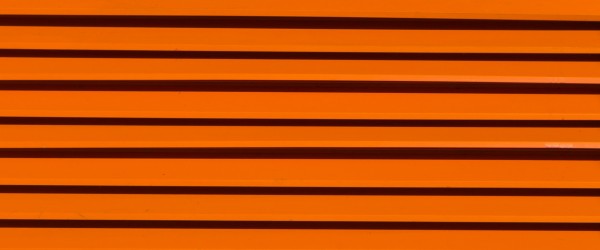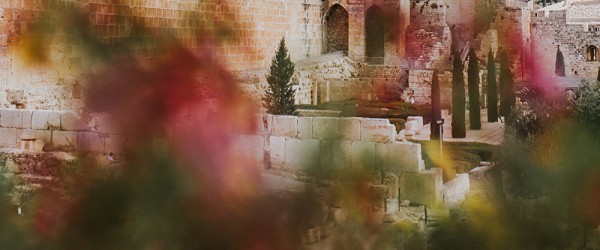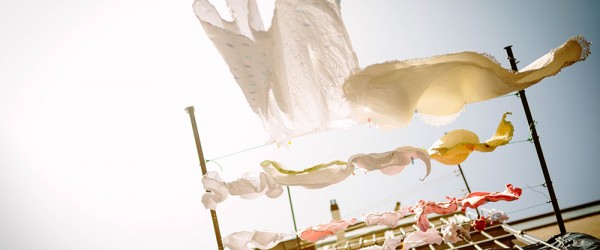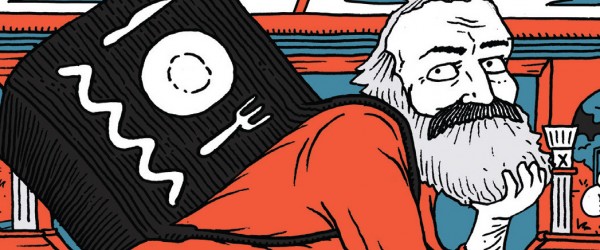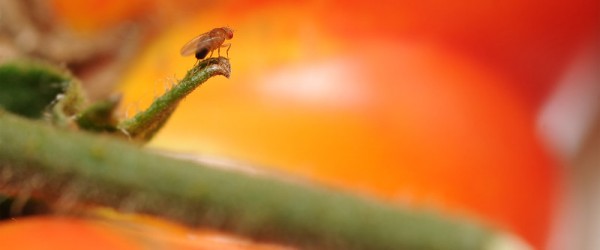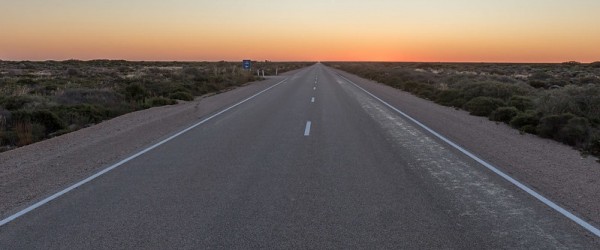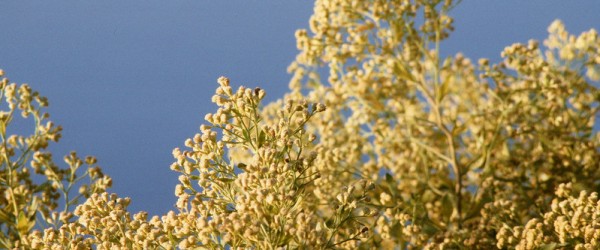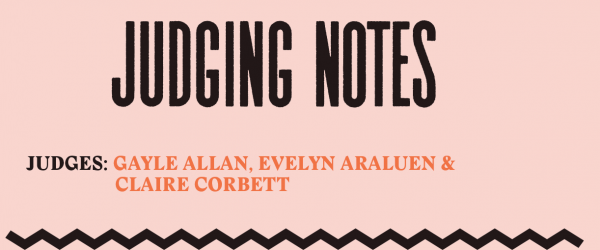
236 Spring 2019
Buy this issue

A damning journalistic investigation into the death of dancer Stacey Tierney, the role of the car in climate politics, how streaming culture is changing us, the highs and lows of doorknocking, plus a selection of superb new poetry, the winner of the Nakata Brophy Prize, and the three writers who placed in the 2019 VU Short Story Prize, Joyce Chew, Jack Vening and Laura Elvery. With comics and cover art by Sam Wallman.
Issue Contents
Features
Mel Campbell
Giovanni Tiso
Tina Ngata
Joanna Horton
Jeff Sparrow
Leigh Hopkinson
Poetry
NEW SOUTH WALES POSTAGE TWO PENCE
Online soon
Dave Drayton
AUSTRALIA POSTAGE TWO POUNDS
Online soon
Dave Drayton
Hasib Hourani
Autumn Royal
Damen O'Brien
Anne Elvey
Anders Villani
Melody Paloma
Stuart Barnes
Grace Yee
Art
Sam Wallman
Editorial
Jacinda Woodhead
Short Story Prize
Laura Elvery
Jack Vening
Pip Adam, Enza Gandolfo, Michelle Aung Thin and Steven Amsterdam
Allanah Hunt
Editorial team
Browse the issue:
Features
Poetry

NEW SOUTH WALES POSTAGE TWO PENCE
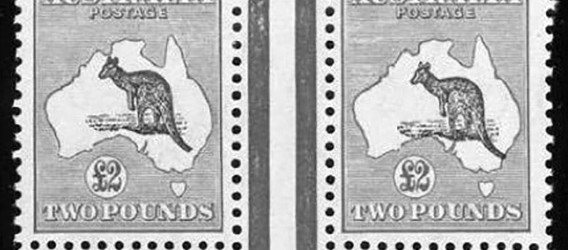
AUSTRALIA POSTAGE TWO POUNDS
Art
Editorial

